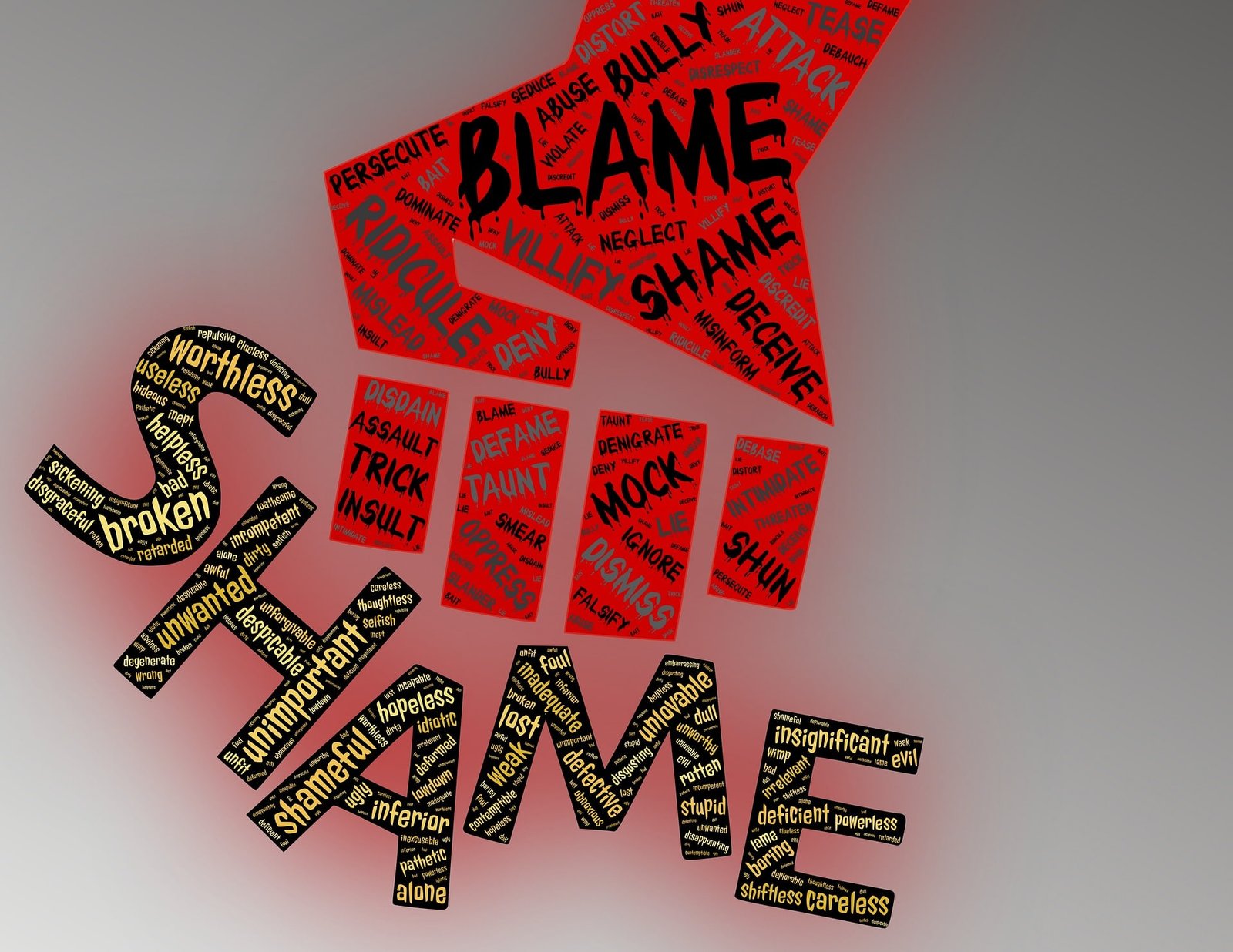Co-authored with Scott Jacobsen
Insight Crime has reported executive and legislative officials of El Salvador are considering the creation of state arm community groups. The order is claimed to help combating street gangs MS-13 and Barrio 18. The groups would initially be launched in 100 municipalities in the country, with low violence indicators in order to create a “quarantine” for the gangs acting in the area.
El Salvador, which has a rate of ten homicide cases each day, forms the Northern Triangle of Central America with Honduras and Guatemala. This is the deadliest region in the world outside a war zone. The three countries have an everlasting history of suffering in the hands of narco-traffickers and violent street gangs. Among the most affected groups, violence has been reported especially against transgenders, with calls to the UN to intervene.
It is not uncommon for Salvadorans to flee to the US, attempting to escape violence and the most precarious situations. However, Latin American migrants have been facing gradually tougher circumstances due to ever more protectionist policies from President Trump. Deportations are expected to become more frequent and some officials expect this to increase violence in El Salvador. There have been meetings of high-ranking officials regarding the possibility of the US deporting street gang members from the US to Mexico, nearby countries or even into El Salvador. The consequences of this for the local communities are unpredictable.
Within the country, there is a very serious discussion around the possibility of arming the citizens so as to combat the generalised crime. The discussion is mainly coming from the legislative and executive branches of the government out of concern for the high and growing crime levels. It was noted by Central American University that 23.5% of Salvadorans have been the victims of a crime; that’s ⅕ to ¼ Salvadoran citizens being subject to some crime such as theft or violence.
The crime is “unpredictable and gang-centric,” but, as can be inferred from the statistics, spilling over into the general populace at an enormous rate. MS-13 and Barrio 18 are only two gangs, or cliques, among hundreds of them. Violence is reported as one of the highest in the world. In 2o15, crime statistics showed a homicide rate of 103.1 per 100,000 inhabitants.

This type of paramilitary anti-crime policy is characteristic of Central American populism. Between 1999 and 2009, El Salvador implemented a policy consisting of temporarily imprisoning suspected gang members, which resulted in greater criminal sophistication of the famous gangs MS13 and Barrio 18. The MS-13 is a street gang born out of 1980’s Los Angeles, formed by Salvadoran immigrants fleeing their civil war. These gang members were eventually deported back to their home country, but kept activities in the US and spread across Central America. The FBI affirms MS-13 acts in 46 states within the US.
It is not the first time that Salvadoran authorities have discussed the possibility of legally arming citizens to combat violence from street gangs. However, the idea was eventually discarded due to high criticism. This included claims that arming civilians to fight street crime would be ineffective and would, at the end, result in abuses of human rights and the increase of illegal armed groups.






Article Discussion